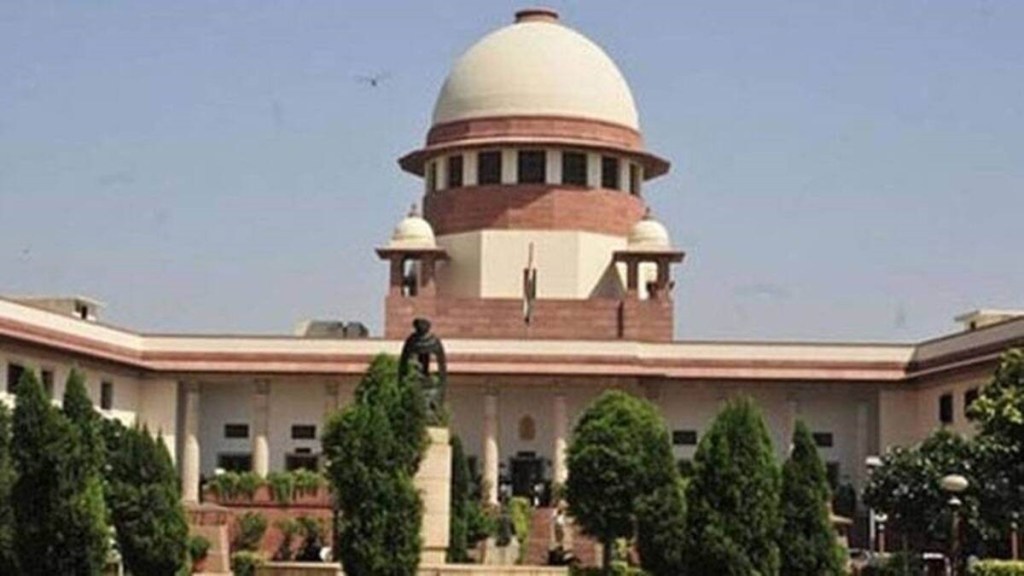Noting that the Manipur High Court is already in possession of petitions challenging the internet shutdown in the state which has witnessed ethnic violence recently, the Supreme Court on Thursday refused to entertain a plea which sought to raise the issue and asked the petitioners to approach the high court.
Chief Justice of India DY Chandrachud, heading a three-judge bench, asked Advocate Shadan Farasat, who appeared for the petitioners, residents of Manipur, why he was not moving the high court.
“A division bench (of the HC) is seized of the matter. And yesterday we have recommended a regular Chief Justice for the Manipur High Court. Hopefully, he will be in session very shortly. So you move the High Court,” CJI said.
The CJI also stated said that as soon the apex court issues notice on the plea, the High Court will stop looking into the matter and therefore it would be appropriate if the petitioners move the High Court. “We will not interfere now,” the court said.
The counsel said that the High Court had so far not examined the principle of proportionality but left it to the government and the expert committee which was formed to examine if the internet could be restored in the state.
The bench also comprising Justices P S Narasimha and Manoj Misra accordingly allowed the petitioners to withdraw the plea and either intervene in pending proceedings before the High Court or institute fresh proceedings there.
“A division bench of the High Court of Manipur is seized of PIL… in which orders have been passed on June 27, 2023, constituting an expert committee. The HC has directed the expert committee to examine certain issues and to report back on whether…limited internet services can be restored in the state. Counsel appearing on behalf of the petitioners submits that the aspect of proportionality would also merit consideration in the pending proceedings,” the bench said in its order.
Meanwhile, former journalist and activist Hoihnu Hauzel said that initially, following the May 3 incident, it was understandable that the Internet was disabled.
“Perhaps it was meant to control any untoward and uncalled for war of words online; to prevent people from misusing the net to gather their acts for further violence; to pass on information that might be detrimental for common people.
“It was fine with a belief that the fire would be doused. More than 60 days now, there is no sign of the violence ebbing and people are now suffering from the internet disconnection. No correct information is out; students cannot study or do their research etc. It’s far too long and has crossed acceptable limits now.”


